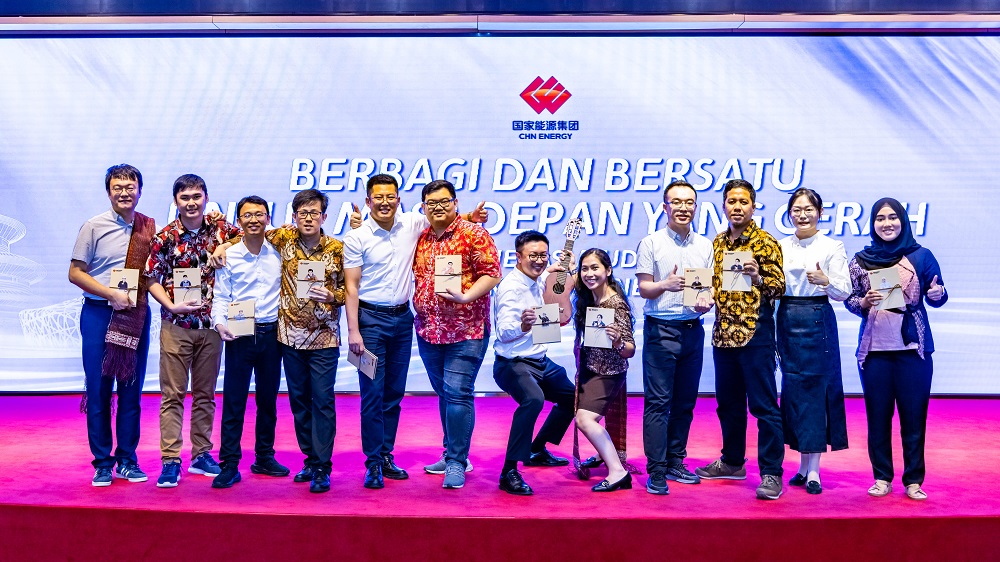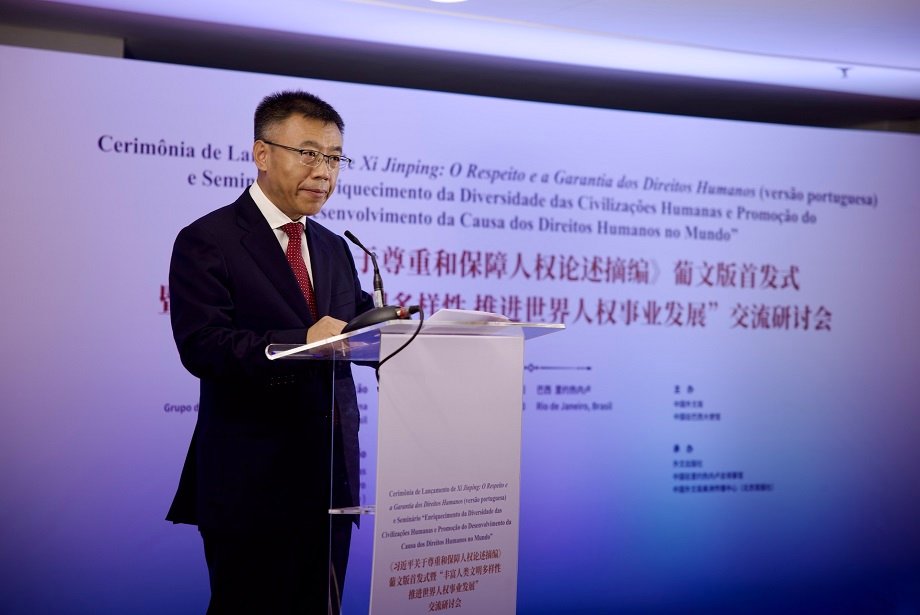China Energy Promotes Friendship Between Chinese and Indonesian Youths
A group of young people, six Indonesian and six Chinese, visited representative enterprises of China Energy from September 22 to 26 as part of the “We Are Together: Silk Road Youth’s China Energy Tour” organized by the company. The young delegation learnt about these enterprises’ achievements in areas such asContinue Reading





















